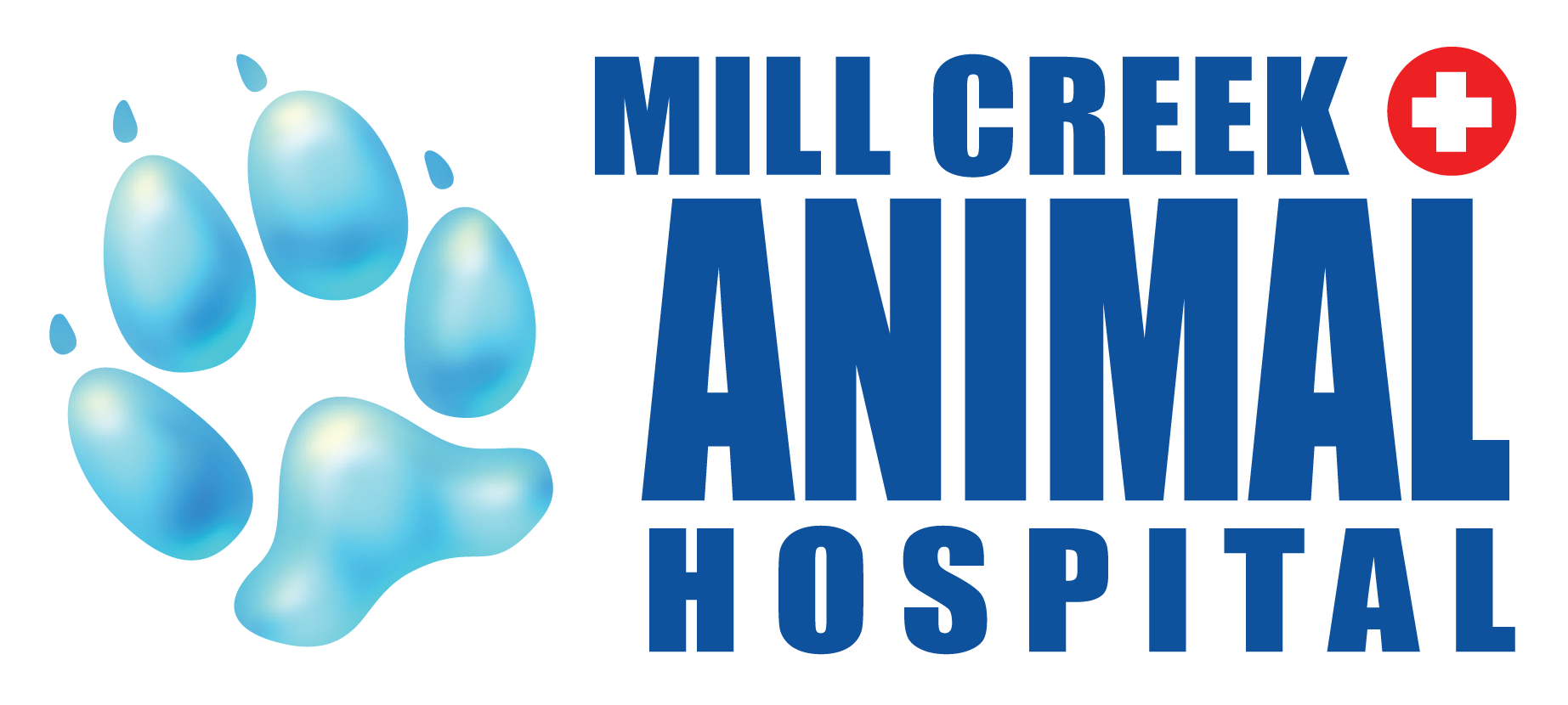All About Pet Deworming
When your veterinarian talks about worms in your cats and dogs, they could be referring to any of the many intestinal parasites our pets can be home to. If you’ve ever noticed small segments or rice-like pieces in your pets stool, they could be falling victim to these pesky parasites. If this happens to you, make an appointment with your veterinarian and try to bring in a stool sample so you and your veterinarian can identify exactly which worm is calling your pet’s intestines home.
Some of the most common worms we see are hookworms, roundworms, tapeworms, and whipworms. Worms may lay dormant and show little to no symptoms, while others can cause anything from vomiting to severe diarrhea and sometimes even death. This is why it is so important to prevent worms before they begin to infest your pet’s intestines. Worms can be contracted a number of different ways, such as:
- Directly from mother to pup or kitten via their milk or uterus
- Through ingestion of another animals infected stool
- Through ingestion of an infected flea
Wondering if you can be infected with these nasty parasites? The answer is yes! Just another reason to deworm your pet. If you come into contact with certain worms, they can penetrate the skin and cause infection in us. Children are at a higher risk due to their curious nature; they could come into contact with worm larvae in places like parks and accidentally ingest some. Fear not! Lucky for you, there is an easy way to prevent all of this from happening and that is to deworm your pets!
Here are some symptoms your pet may display if infected with worms:
- Vomiting
- Diarrhea – with or without blood
- Weight loss
- Increased appetite
- Weakness
- Puppies and kittens may have a “bloated look” to their bellies
- Sometimes segments may be present in stool
The most effective way to treat worms is to see your veterinarian and put your pet on a deworming plan. This means to be consistently giving your pet the deworming medication at the dose your veterinarian says. Deworming medication comes in all different shapes and sizes to suit your pet’s needs. It is available in a chewable tablet, a pill, and a topical ointment. Since worms can be spread through contaminated stool, also make sure to be cleaning up after your pet goes to the bathroom to prevent further spread of infection!
By Julia Juneau



